Alison Bechdel
* Location: Near Burlington, Vermont, USA
* How would you describe your art?: Cartoons
* Currently working on: My comic strip, Dykes To Watch Out For, and another autobio/memoir project like Fun Home
* 3 Likes: Tea, truth, tribadism
* 3 Dislikes: Tarragon, tuna salad, totalitarianism
* Daily Inspirations: The need to make an income
* People & artists you admire: Katha Pollitt, Norman Rockwell, Edward Gorey, Jane Austen
* Favourite album(s) to listen to when working: Murray Perahia's Goldberg Variations
www.dykestowatchoutfor.com
- - -
This interview took place in mid-June 2006. All images reproduced from Dykes To Watch Out For and Fun Home with permission © Alison Bechdel.
- - -
Hi Alison, how are you? Hiya Melanie. I'm jim dandy. How long have you been drawing for now, and working with the medium of comics?
I've been drawing all my life, and cartooning since 1983.
How did you first get started with art and with drawing? It was just something I always did. My parents encouraged my drawing a lot, and unlike most kids who stop drawing at a certain age, I never did. How did you personally gain access to your own ability and confidence in your art?
Oddly, even though my parents encouraged my drawing, I also felt inhibited by them artistically. Not only were they both quite creative themselves, they were extremely critically discerning. I have a theory that I became a cartoonist by default, because comics was an art form that my parents had no aesthetic criteria for. It was a way I could express my creativity while eluding their judgment. Cartooning was also a lowbrow art form that didn't get a lot of scrutiny out in the world, either. I liked that it wasn't "fine art," the kind of art my parents admired. But working on FUN HOME was a much more literary and experimental undertaking than my comic strip. At a certain point I had to admit that what I was doing WAS art, and shut up my dad's critical voice in my head.
I was watching the video-blog of your drawing process and technique on your website, and was fascinated by your drawing style and the steps and stages each frame takes to construct, incorporating pencil, ink, digital camera shots etc. how has this drawing technique developed over time, and have your strips always been so labour intensive?
No, they've gotten much more labor intensive over the years. You'd think I'd get quicker at it, but I've become more and more of a perfectionist, which means more work.
How long, on average would you say it took to finish a typical strip?
About a week. Half of that time writing, and half drawing.
One thing that I admire about your Dykes to Watch Out For strips, and collections is the importance you place in wearing your politics on your sleeve.
In truth, I think I learned more, and understood more about a whole host of US politics, and how political decisions, policies and situations affect individual US citizens, and importantly for me queer US citizens from reading your strips than I think I have done from reading & watching the majority of the news we are presented with.
I recently attended a gig by British singer, Billy Bragg, and whist watching his gig and hearing his impassioned political speeches in-between songs, and the blatant political nature of his songs, I began thinking about this interview and what I was going to ask you; and I realised that the political focus of your cultural work, its insight, and the publicising of politics in our everyday lives is so important if we are all to understand how we can be involved in making a difference.To what degree do you personally feel that cultural political action, such as song-writing or producing cartoons can be important as a form of education, consciousness raising and activism?How important to you is it that you wear your politics on your sleeve and reference them within your strips?
Would DTWOF exist without your political conscious? It's funny that you mention Billy Bragg, because when people ask me this question about politics I often cite something he once said. He was asked if he considered his singing a form of activism, and he said no, he considered it "entertaining the troops." And I've always felt that way about what I do. I don't consider my strip a form of political action, but my hope is that it's a kind of amusement or solace for the people out there actually working on all the issues I try to touch on in my cartoons.
Your work is often celebrated and featured within queer comic collections, conventions and exhibits. How important to you is the queer focus of your work, and your ability to speak about, publicise and politicise queer issues and to depict the realities, truths and lived lives of queer people within your work?
Was it evident to you from an early stage in your art career that you were going to work with and depict queer lives in your work? Has your sexuality always informed your work?
Oh, yeah, absolutely. I'm all about being a big queer. And I have been ever since I drew my first Dyke to Watch Out For in 1982.
Is there much of a queer comics and comics-creators “community” in the US?
Yeah, there is. It used to be quite small, and I knew everyone. Now there's all kinds of people doing it. There's a great organization called Prism that's a wonderful clearinghouse for LGBT comics.
Due to the way you focus on and depict current (political and social) events within your strips, is it important to you that the strips are serialised & published in US newspapers so that you can take advantage of the ‘timing’ and ‘immediacy’ of this print medium so that your strips are most relatable and accurate in such a changing climate, and thus most appreciated?
How has the advent of online web-publishing of your strips during your career and time with DTWOF affected the way people can access your work, and the way in which they can relate to it?
Lemme tell ya, the newspapers are starting to languish a bit. I've gotten dumped by a bunch recently, some more have folded. So I've been investing a lot of effort in my website. I want to continue making sure that the strip is available to people, and this seems like the way to go. I also love the immediacy of the web. With newspapers, they often don't publish my strips for several weeks after I've sent them out, by which point they're old news.
By collecting your strips in book collections months/years down the line, do you ever fear that the strips may lose some of their political relevance?
Yeah, that's a risk. But I think of the strip as a chronicle of my generation, and it's important to me to document as many twists and turns of the zeitgeist as I can.
In terms of feedback that you receive, is the political element of your strips what most people respond to though when reading your work; or is it the case that the characterisation, the relationships and interconnectedness of the plots and characters that drives peoples dedication to your work - and thus buy and read and love your books time and time again years after the initial strips were published?
The feedback tends to be much more about the characters.
I recently read about the censorship that you have to use when you submit work to newspapers, you wrote, of the idea of potentially emailing subscribers a version of the DTWOF strips that, ‘I could leave all the swear words in, and even have the occasional frontal nudity. Instead of the #‰&*‚s and artful drapery that I employ in the newspaper versions.’
Do you ever feel restricted by working in the (newspaper) print medium?
Yeah, a bit. That's definitely another appealing aspect of the web.
Also linked to this question, how aware are you of what your ‘fans’ and followers demand of you as an artist, and of your strips? Do you ever feel like you owe it to your dedicated ‘fans’ to portray things in certain ways since your characters are so well loved; are you aware of your audience as you draw? How important is it for you, in terms of your creative process, and in terms of the direction of the strips, to interact with your audience? - what role does your online blog hold in keeping in contact with, and keeping up to date with your audience?
I'm always a bit nervous to see what people are saying. I don't get much mean or negative feedback, but I'm always afraid I will. After I get over that, it's really interesting to see what people have to say. And it's very important to me to be in contact with readers. It feels like such a huge privilege to me that people are actually engaged with the characters and storyline. I'm very, very grateful for that.
Your graphic novel, Fun House has just been published, what motivated the change to make you want to create autobiographical work at this point in time? Have there always been other stories that you’ve wanted to tell with your art?
Yeah. And I've actually done a few autobiographical pieces over the years. But nothing this extensive or serious.
How did your art processes have to change between producing a ‘short’ continuing set of strips for a bi-weekly serialisation and a longer, self-contained book?
I had to teach myself to write, for one thing. DTWOF is mostly dialogue, so I didn't have much experience with writing about ideas. It was also a big difference to have 220 pages to spread out into. DTWOF is an incredibly constrained format--I have to tell a complete story in ten or twelve tiny boxes. There's rarely any room to even draw full-length characters. I loved having to space to really draw in Fun Home.
Dorothy Allison, reviewing Fun House referred to it as ‘brave, forthright and insightful’. I find the use of the word ‘brave’ very interesting. Do you think, personally, that producing autobiographical art-work requires an element of bravery?
No. But it does require a perhaps neurotic kind of dissociation from what your family thinks of you. I feel like the book is just as selfish as it is brave, so perhaps those things cancel one another out.
Did including reference to and depiction of family members in Fun House, notably your dad, cause any family tension?
Yeah. My mom's not happy that I've told this story. Yet she's been amazingly supportive in spite of her discomfort.
To what degree do you think that autobiographical, or “issues”-based comics and graphic novels belong within the realm of ‘serious’ literature? I ask this, not as a belittlement of the comics genre at all, but more in support of comics as a serious, challenging medium that has perhaps been overlooked in the past as a ‘lower’ form of narrative, perhaps due to the use of images or due to a history of cartooning being associated with ‘comic’ or superhero & fantasy subjects.
I look forward to the day when graphic narratives don't have to be pointed out as such. When we can talk about their content without commenting on how surprising it is that a work in this format can be a good book. It's kind of like the way I look forward to not being pointed out as a "lesbian cartoonist," but just a cartoonist. And you know what? I think that day is fast upon us.
How do you think such changes in appreciation of comics and cartoons and graphic novels may affect the freedoms that many comic book artists hold though? - comics are currently a relatively un-mediated form of literature and art, with a great deal of work operating ‘under the radar’, and thus holding the potential for much radical and progressive work to be produced. Do you think an increase in appreciation, and perhaps scrutiny, may alter comic and cartoon output?
Yeah, I do. In a way that's sad and a certain amount of freedom and spontaneity will be lost. But it's exciting to see the aesthetic bar being raised. We're only starting to tap the potential of this form.
Do you believe in the democratisation of creativity? Is it important to you to promote and support the idea that any woman can be creative within her own life?
I don't know. I waver on this. In theory, I believe we're all creative. But it gets beaten out of most people so early, it's hard to know.
What for you are the most fulfilling aspects of creating your art work?
Not having to go to a job. I have a recurring nightmare that I'm back at the menial office job I had when I was 25.
6 hours ago
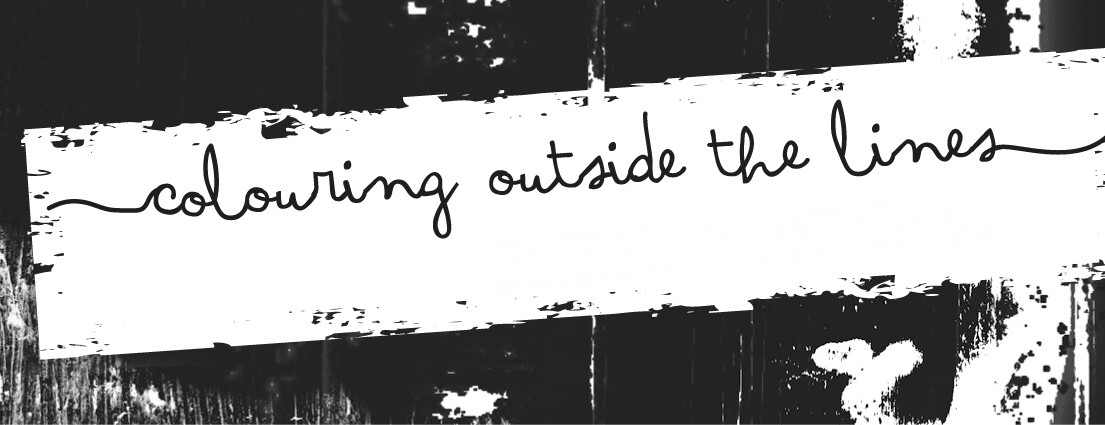





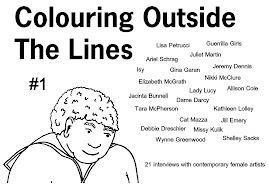
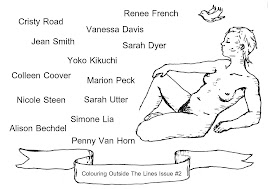

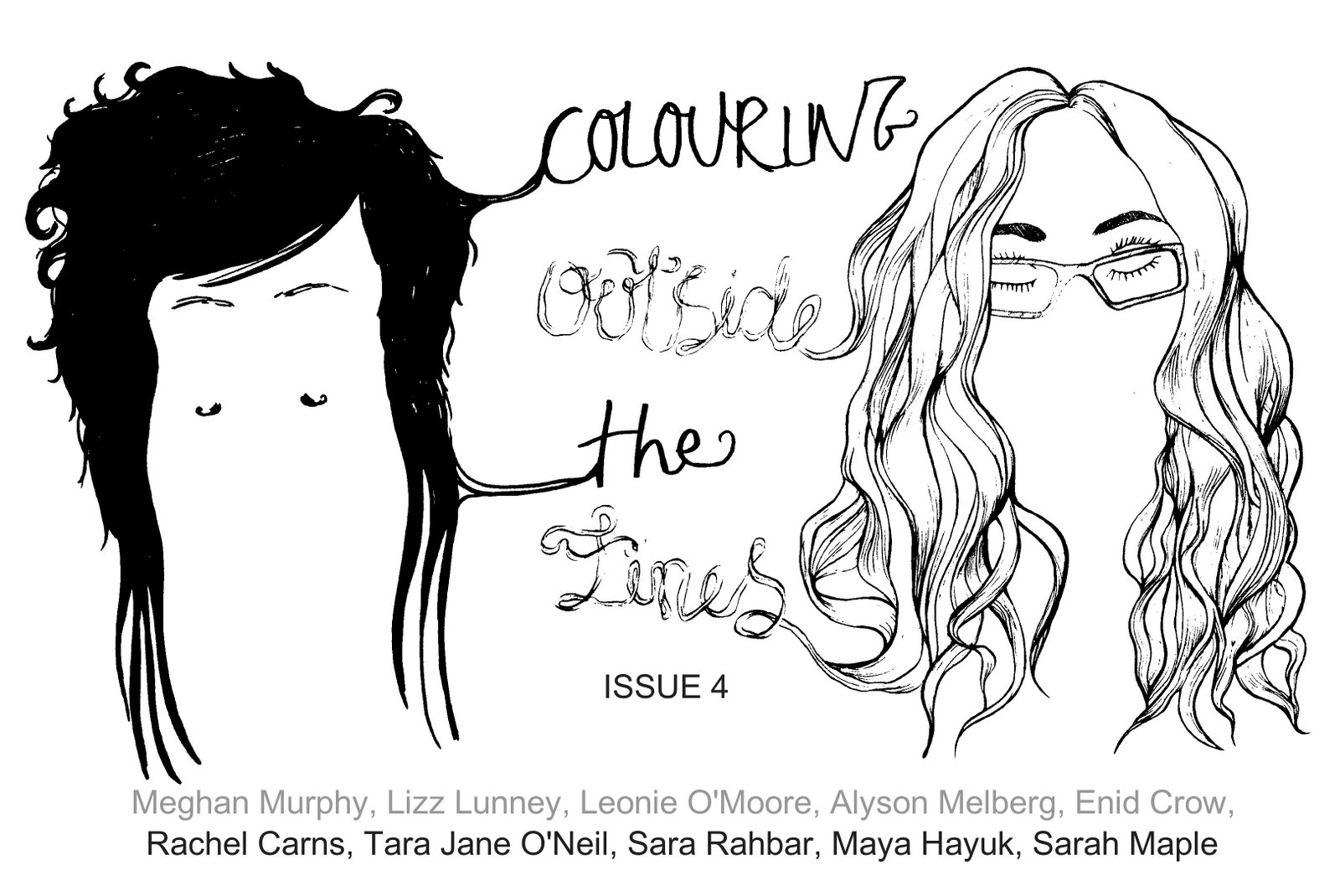

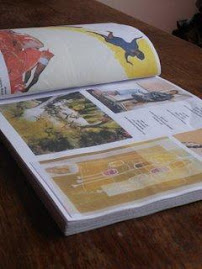



No comments:
Post a Comment